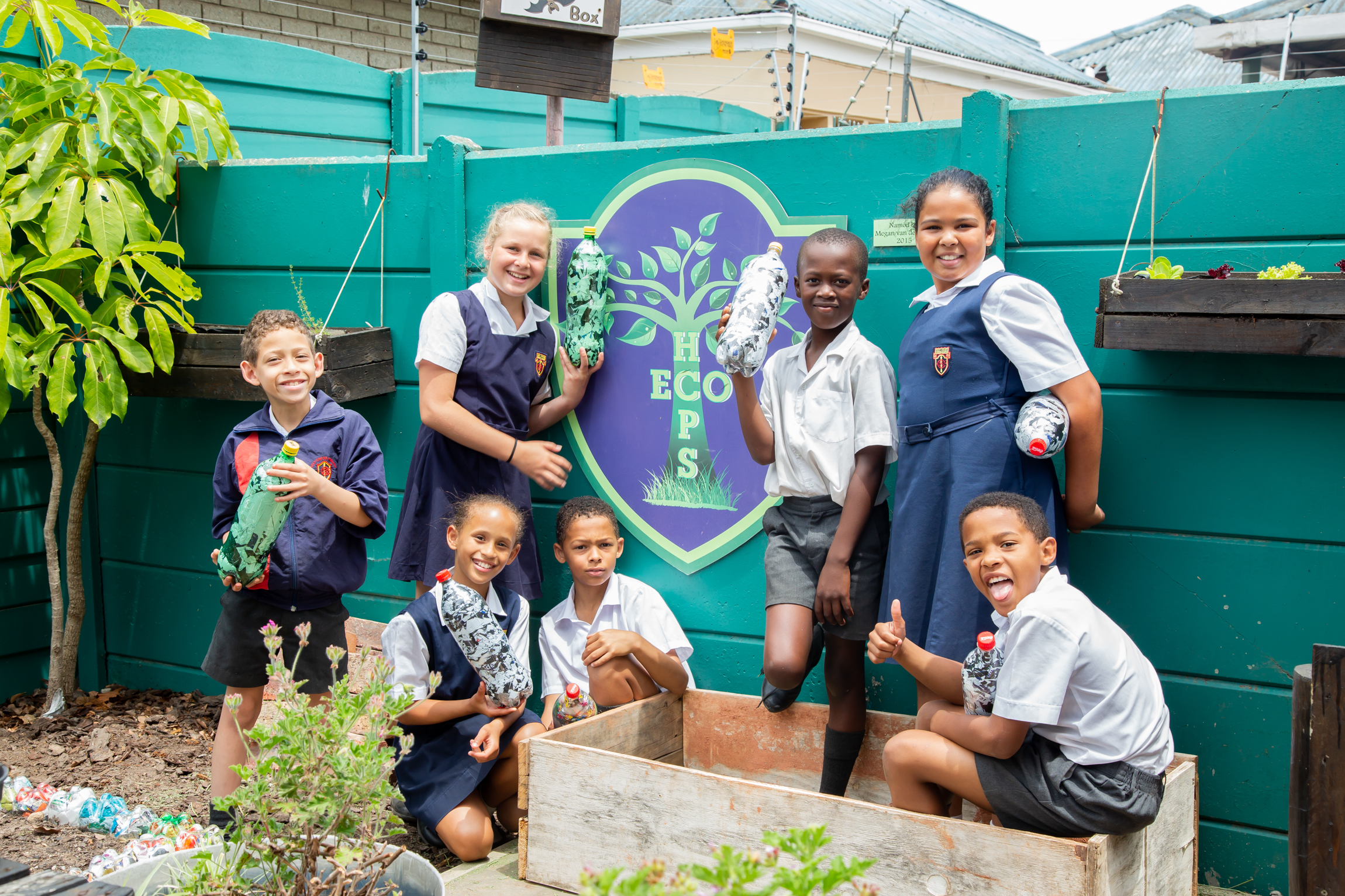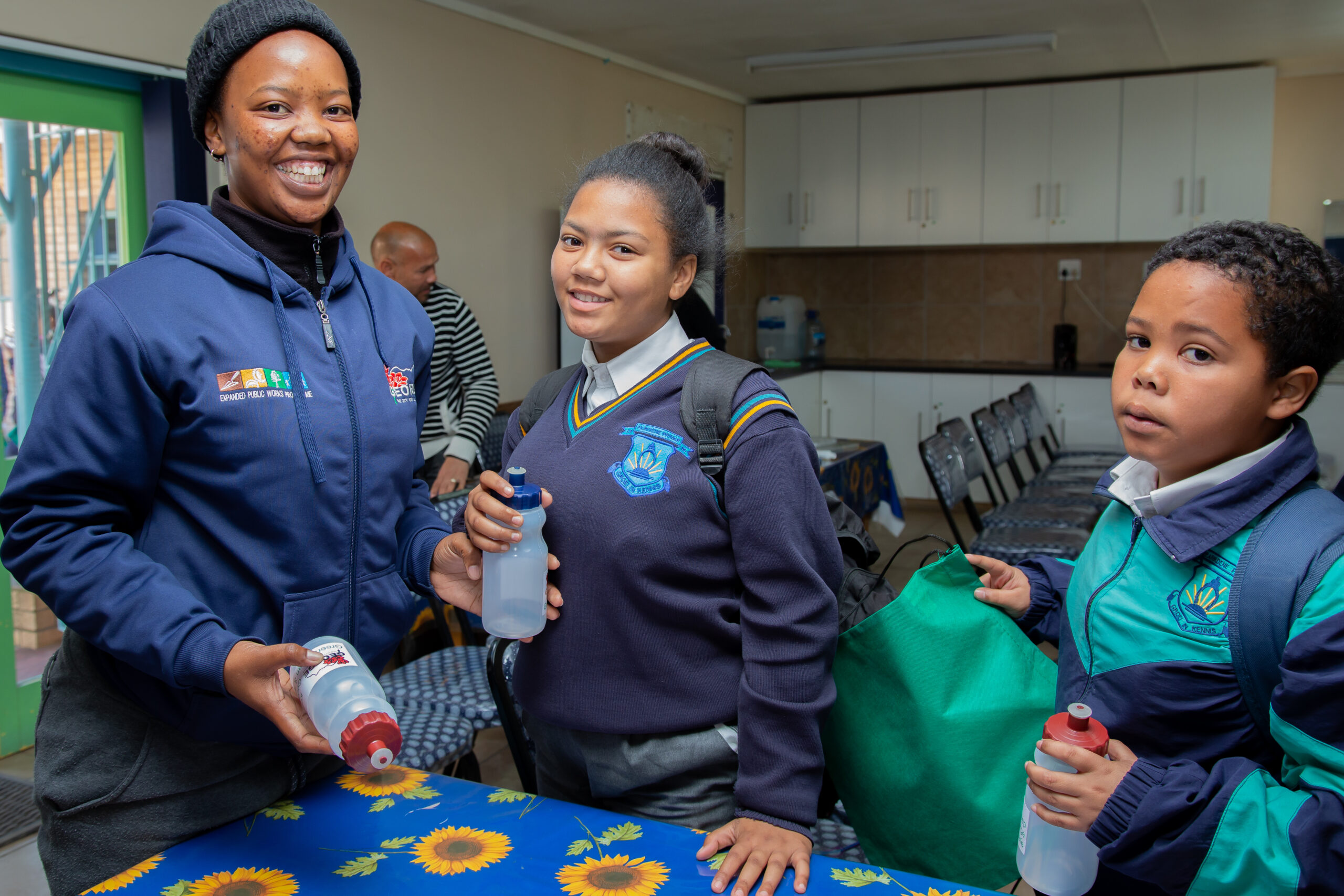Environmental Services
 CONTACT
CONTACT
Environmental Services
82 Meade Street, George
044 802 2900
Environmental Health Practitioner: Tanja Botha
DOCUMENTS
Click for Bylaw Air Pollution Control
OVERGROWN PROPERTIES
Property owners are responsible for keeping their properties from becoming overgrown. The municipal bylaw stipulates that overgrown erven, including edges, must be cut and planted trees and shrubs pruned.
Reporting overgrown PRIVATE properties:
Please report overgrown private properties to the above number or email ayani@george.gov.za , anontshikiza@george.gov.za or tabotha@george.gov.za. Please provide details of why you consider it overgrown, the address of the overgrown site as well as your contact details.
An inspection will take place within seven working days from when the report was officially logged with the department. Determining whether a property is overgrown is at the discretion of the Environmental Health Practitioner, but generally, it would be considered overgrown when grass is above knee height. Shrubbery size requirements are based on the growth form of particular plants and are considered on merit.
Suppose the property is found to be overgrown. In that case, the property owner will be informed accordingly by registered post and instructed to clear the property within 14 to 21 work days from the date on the registered letter.
Once the notice period has expired, the property will be inspected again. If found to be still overgrown, a municipal contractor will be appointed and instructed to clear the property within five working days. The cost of clearing will be added to the property owner’s municipal account.
Please note properties belonging to provincial or national government departments are handled in the same way as private properties and should be reported as above.
Reporting overgrown MUNICIPAL properties:
Please report overgrown municipal properties ton number above or email hspies@george.gov.za (grassed properties) or nvumindaba@george.gov.za or edbooysen@george.gov.za
The municipality cuts the grass on municipal properties according to a schedule and addresses areas of concern as necessary and according to the available resources.

ENVIRONMENTAL EDUCATION
The George Municipality has an environmental awareness schools outreach programme, which includes education surrounding responsible waste management and recycling, eco-brick projects and a clean rivers programme. If you want the team to visit your school, contact jfernold@george.gov.za or the above number.
EMISSIONS INVENTORY/DATABASE FOR AIR QUALITY PURPOSES
In terms of the George Municipality’s Air Quality Management Plan and the Bylaw relating to Air Quality Management all below-mentioned industries must provide the George Municipality with their general facility information for air quality purposes and inclusion in the related inventory.
Industries that must provide their information are:
Dry cleaners, landfill areas, wood-drying facilities, spray painters, wastewater treatment works, medical waste incineration, fuel stations, crematoriums, charcoal production, clay brick manufacturing, creosote pole treatment, asphalt plants and boilers – HFO (oil), LPG (gas), paraffin and wood.
A questionnaire, which is compulsory to complete, is available at the Environmental Services Section at 82 Meade Street, George. Please ask the Environmental Health Practitioner / Air Quality Officer at the above number.
NO BEE HIVES IN RESIDENTIAL AREAS
Please note that according to the George Municipality Animals Bylaw, keeping bees in residential areas is illegal.
Report the illegal keeping of bees to Environmental Services on 044 802 2900 or 044 801 6300 after hours.
The owner/keeper will be served with a notice and will have 10 days, from the time of the notice being served, to move the hives. If the owner/keeper does not comply the bees will be removed, and the cost thereof billed to the owner/keeper.
Please report wild bee hives on municipal properties to the Fire Department on 044 801 6300 so the municipality can arrange for them to be moved safely.
Please consult the local telephone directory for the removal of bees on private properties.
Active hives are very dangerous, are especially unpredictable in hot weather, and should not be handled, moved or harvested for honey by inexperienced hands.
Swarming bees can be deadly to people and animals and should not be underestimated – do not try to remove a hive yourself, do not throw stones at it or poke it with a stick, and stop other people from doing so.
